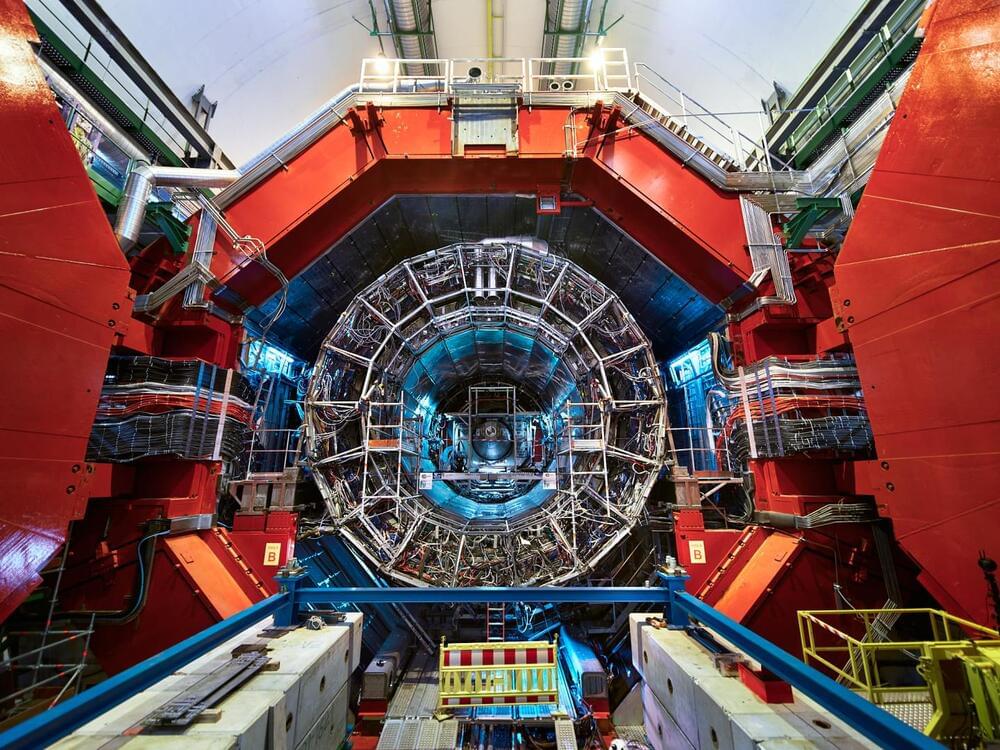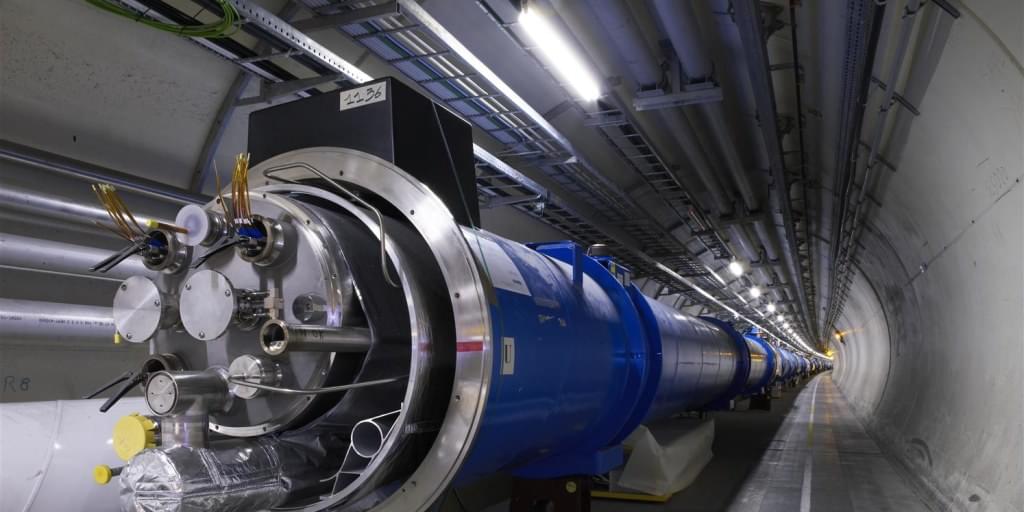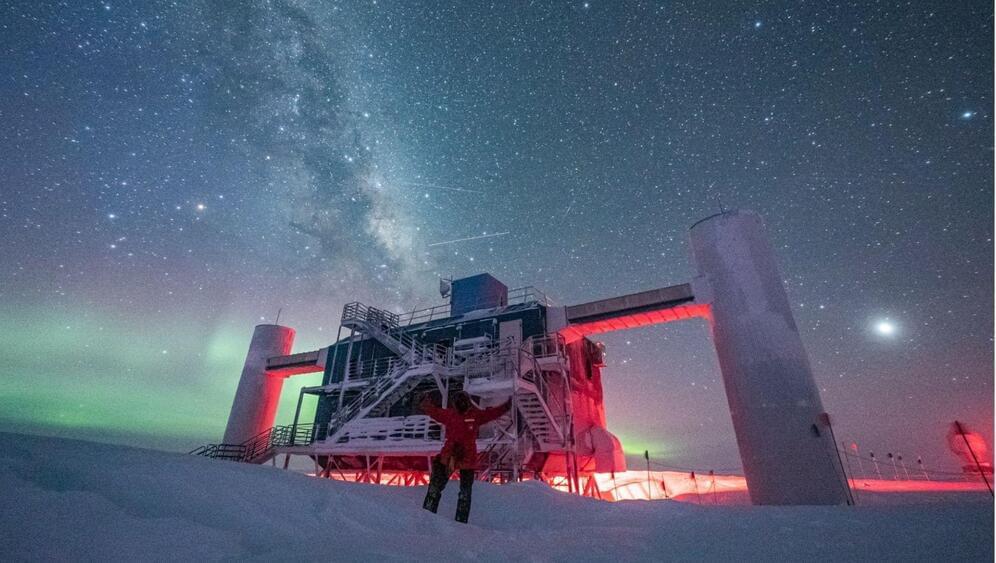Quantum chromodynamics (QCD) is one of the pillars of the Standard Model of particle physics. It describes the strong interaction – one of the four fundamental forces of nature. This force holds quarks and gluons – collectively known as partons – together in hadrons such as the proton, and protons and neutrons together in atomic nuclei. Two hallmarks of QCD are chiral symmetry breaking and asymptotic freedom. Chiral symmetry breaking explains how quarks generate the masses of hadrons and therefore the vast majority of visible mass in the universe. Asymptotic freedom states that the strong force between quarks and gluons decreases with increasing energy. The discovery of these two QCD effects garnered two Nobel prizes in physics, in 2008 and 2004, respectively.
High-energy collisions of lead nuclei at the Large Hadron Collider (LHC) explore QCD under the most extreme conditions on Earth. These heavy-ion collisions recreate the quark–gluon plasma (QGP): the hottest and densest fluid ever studied in the laboratory. In contrast to normal nuclear matter, the QGP is a state where quarks and gluons are not confined inside hadrons. It is speculated that the universe was in a QGP state around one millionth of a second after the Big Bang.
The ALICE experiment was designed to study the QGP at LHC energies. It was operated during LHC Runs 1 and 2, and has carried out a broad range of measurements to characterise the QGP and to study several other aspects of the strong interaction. In a recent review, highlights of which are described below, the ALICE collaboration takes stock of its first decade of QCD studies at the LHC. The results from these studies include a suite of observables that reveal a complex evolution of the near-perfect QGP liquid that emerges in high-temperature QCD. ALICE measurements also demonstrate that charm quarks equilibrate extremely quickly within this liquid, and are able to regenerate QGP-melted “charmonium” particle states. ALICE has extensively mapped the QGP opaqueness with high-energy probes, and has directly observed the QCD dead-cone effect in proton–proton collisions. Surprising QGP-like signatures have also been observed in rare proton–proton and proton–lead collisions.







